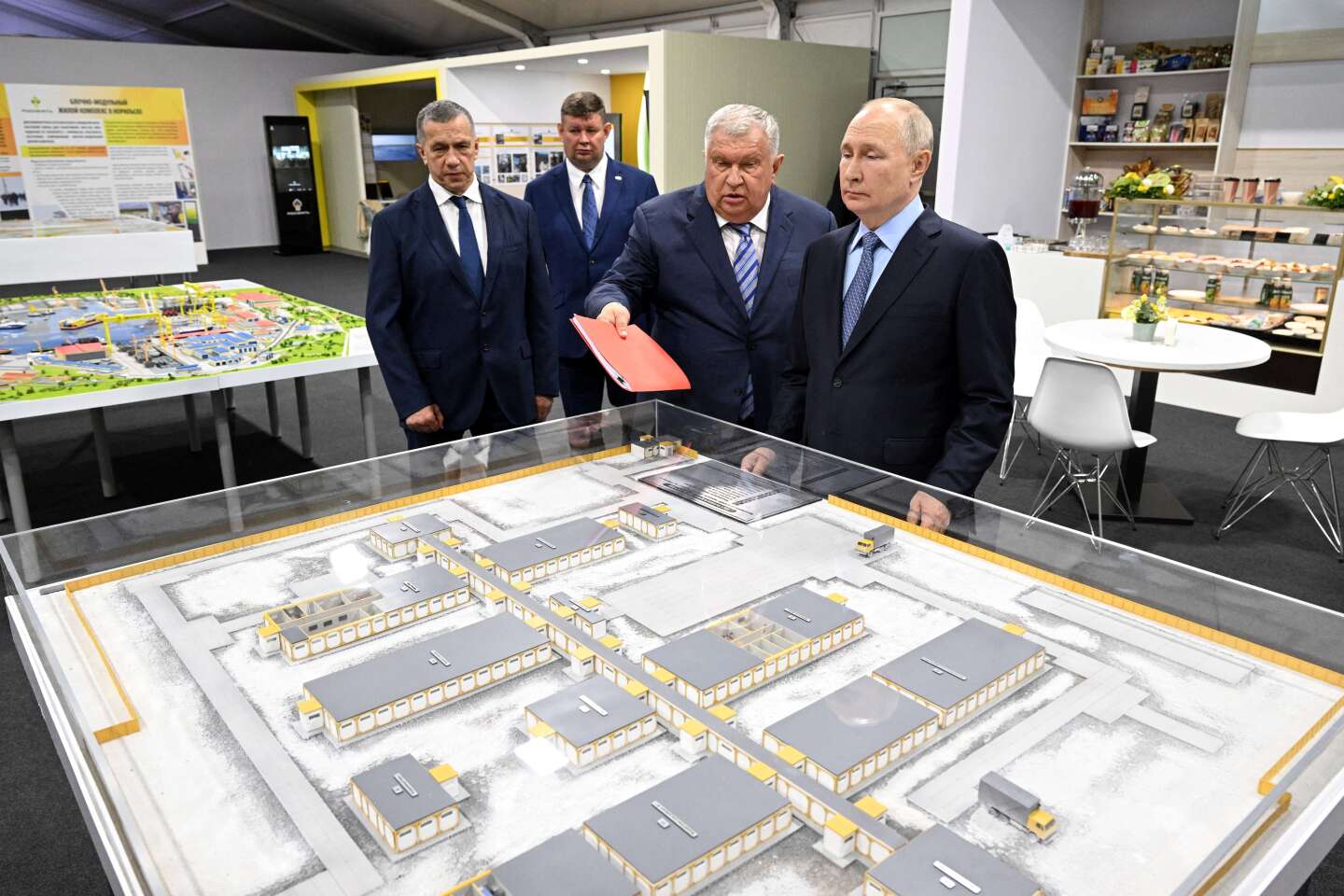


It would be good if Marquis Astolphe de Custine (1790-1857) could return to Vladimir Putin's homeland and give us "Russia in 2023" just as he had described Russia in 1839. Nearly two centuries later, he would still have felt "the desire to go and look behind the scenes" and "the temptation to lift a corner of the backdrop" as though he had been shown a country in the most flattering light, when only misery, corruption and police terror reigned. Having left Paris full of illusions about the absolute monarchy of the inflexible Nicholas I, he had returned sobered, with this advice: "This is a useful journey for all foreigners; anyone who has had a good look at this country will find themselves glad to live anywhere else."
Twenty months after launching a "special military operation" against Ukraine, which ultimately absorbed all the country's resources and lifeblood, Putin is also trying to show Russia at its economic best. He has done so much to adapt to his relative isolation that the economy is surprisingly resilient, despite 11 "packages" of European sanctions (soon to be 12 with diamonds) and retaliatory measures from the G7.
The master of the Kremlin, like a two-faced Janus, adopts the posture of a statesman, eager to maintain his country's place in world trade. He was due to attend the virtual G20 summit in New Delhi on Wednesday, November 22. "The recession is over," he declared in June on "Direct Line," the annual program of controlled exchanges with the Russians. Ten days later, at the St Petersburg Economic Forum, he promised an "economy of supply" increased productivity "high wages" and a technological surge. He swore that he would not go back on privatizations or foreign investment not coming from "hostile countries."
A slap in the face for Europe and the United States
In September, Putin received the surprise support of Oleg Deripaska, one of the few oligarchs to have condemned the "colossal mistake" of aggression against Ukraine, prelude to the assailant's bankruptcy. In an interview with the Financial Times, the founder of aluminum giant Rusal – a profiteer of the war effort – judged that despite "war spending and all this kind of subsidies and government support but still it’s a surprisingly low slowdown." He even said he was "that private business would be so flexible" faced with sanctions, "a 19th-century instrument that is ineffective in the 21st century."
Does the Russian president believe in his irenic prophecy of a high-performance economy, and in his ability to achieve, after an assured re-election in March 2024, what he has failed to do in 23 years of undivided rule? His "pro-business" rhetoric fools no one. Especially not foreign companies threatened with expropriation or already nationalized, such as the assets of France's Danone, which have been handed over to the clan of Chechen dictator Ramzan Kadyrov, or Denmark's Carlsberg, two executives of its subsidiary Baltika have just been jailed.
You have 50% of this article left to read. The rest is for subscribers only.
